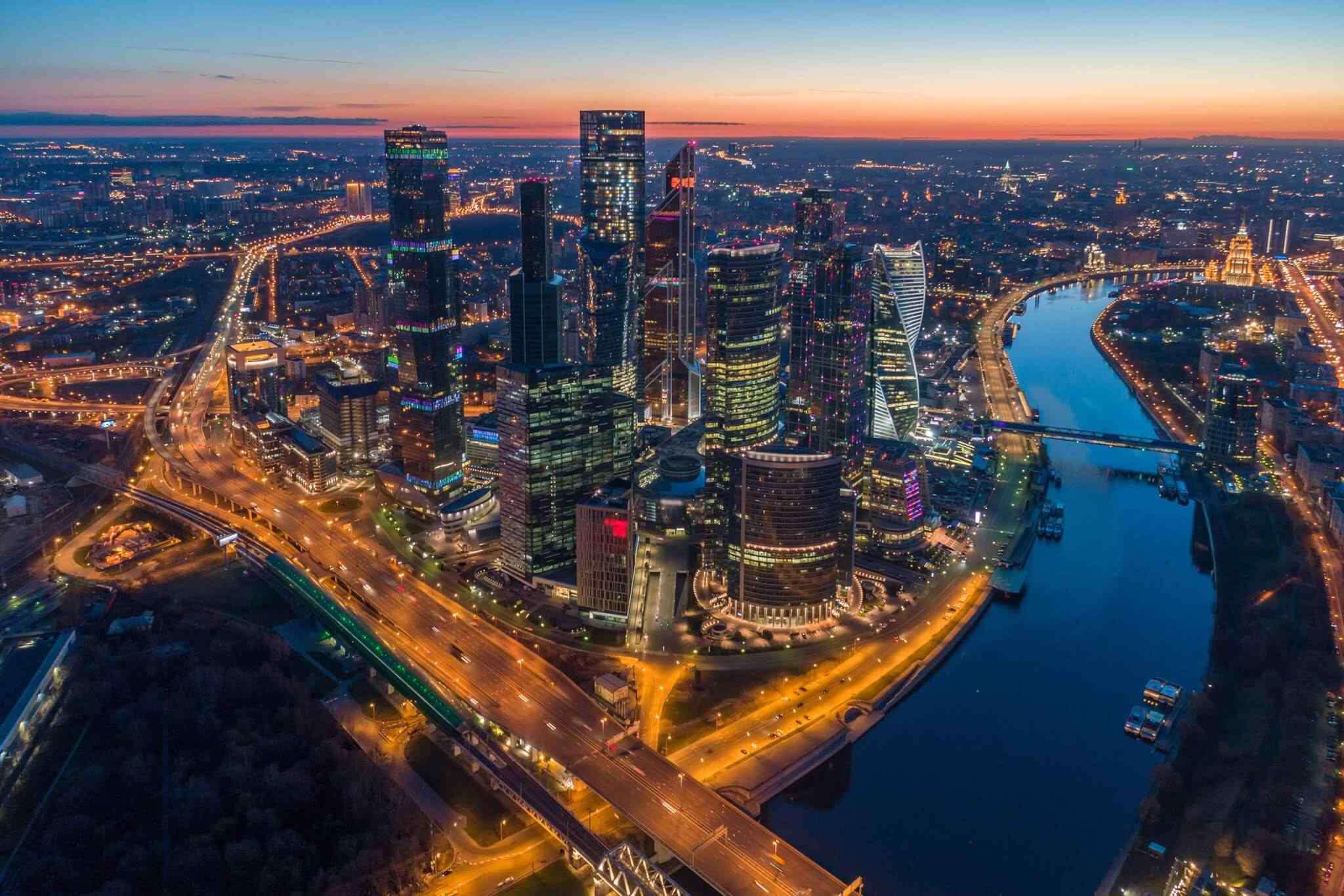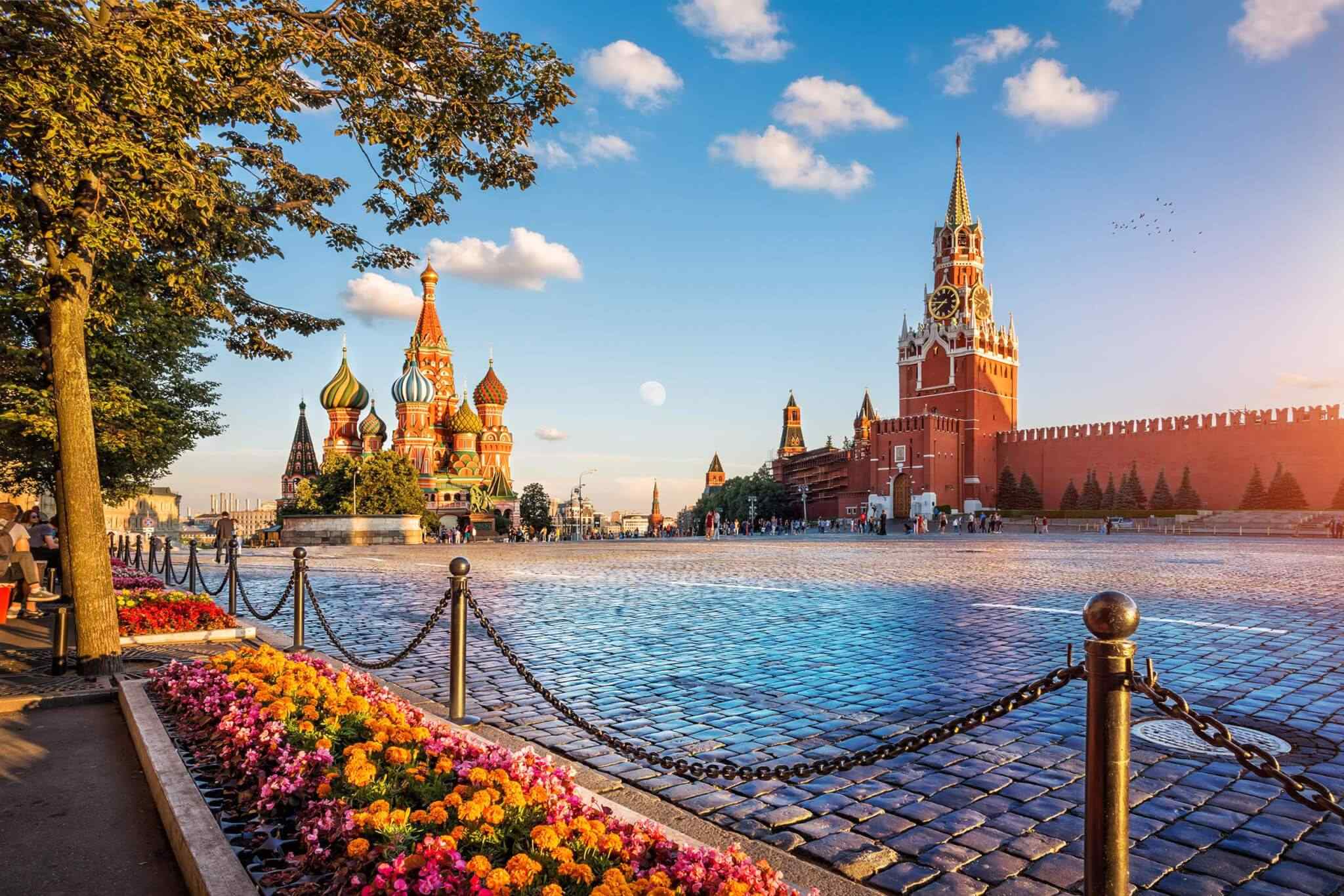Serbia, country in the west-central Balkans. For most of the 20th century, it was a part of Yugoslavia.

The capital of Serbia is Belgrade (Beograd), a cosmopolitan city at the confluence of the Danube and Sava rivers; Stari Grad, Belgrade’s old town, is dominated by an ancient fortress called the Kalemegdan and includes well-preserved examples of medieval architecture and some of eastern Europe’s most-renowned restaurants. Serbia’s second city, Novi Sad, lies upstream on the Danube; a cultural and educational centre, it resembles the university towns of nearby Hungary in many respects.

Beginning in the 1920s, Serbia was an integral part of Yugoslavia (meaning “Land of the South Slavs”), which included the modern countries of Serbia, Croatia, Slovenia, Bosnia and Herzegovina, Kosovo, North Macedonia, and Montenegro. Long ruled in turn by the Ottoman Empire and Austria-Hungary, these component nations combined in 1918 to form an independent federation known as the Kingdom of Serbs, Croats, and Slovenes. In 1929 that federation was formally constituted as Yugoslavia. Serbia was the dominant part in this multiethnic union, though after World War II the nonaligned communist government of Josip Broz Tito accorded some measure of autonomy to the constituent republics and attempted to balance contending interests by dividing national administrative responsibilities (e.g., for intelligence and defense) along ethnic lines.
After Tito’s death in 1980 and the collapse of communism in eastern Europe over the course of the following decade, resurgent nationalism reopened old rifts in Yugoslav society. Serbian (and later Yugoslav) leader Slobodan Milošević attempted to craft a “Greater Serbia” from the former union, but his policies instead led to the secession of Slovenia, Croatia, Bosnia and Herzegovina, and Macedonia and civil war in the early 1990s. The civil war caused the death or displacement of hundreds of thousands of people and prompted international sanctions against the country. In the late 1990s more blood was spilled when the Albanian-Muslim-dominated Serbian province of Kosovo declared independence, resulting in the intervention of the North Atlantic Treaty Organization (NATO) and the United Nations, the bombing of Belgrade, and the placement of Kosovo under UN administration from mid-1999.
- Area:
- 2,511 km²
- Elevation:
- 156 m
- Population:
- 11.92 million (2012)
- Mayor:
- Sergey Sobyanin


